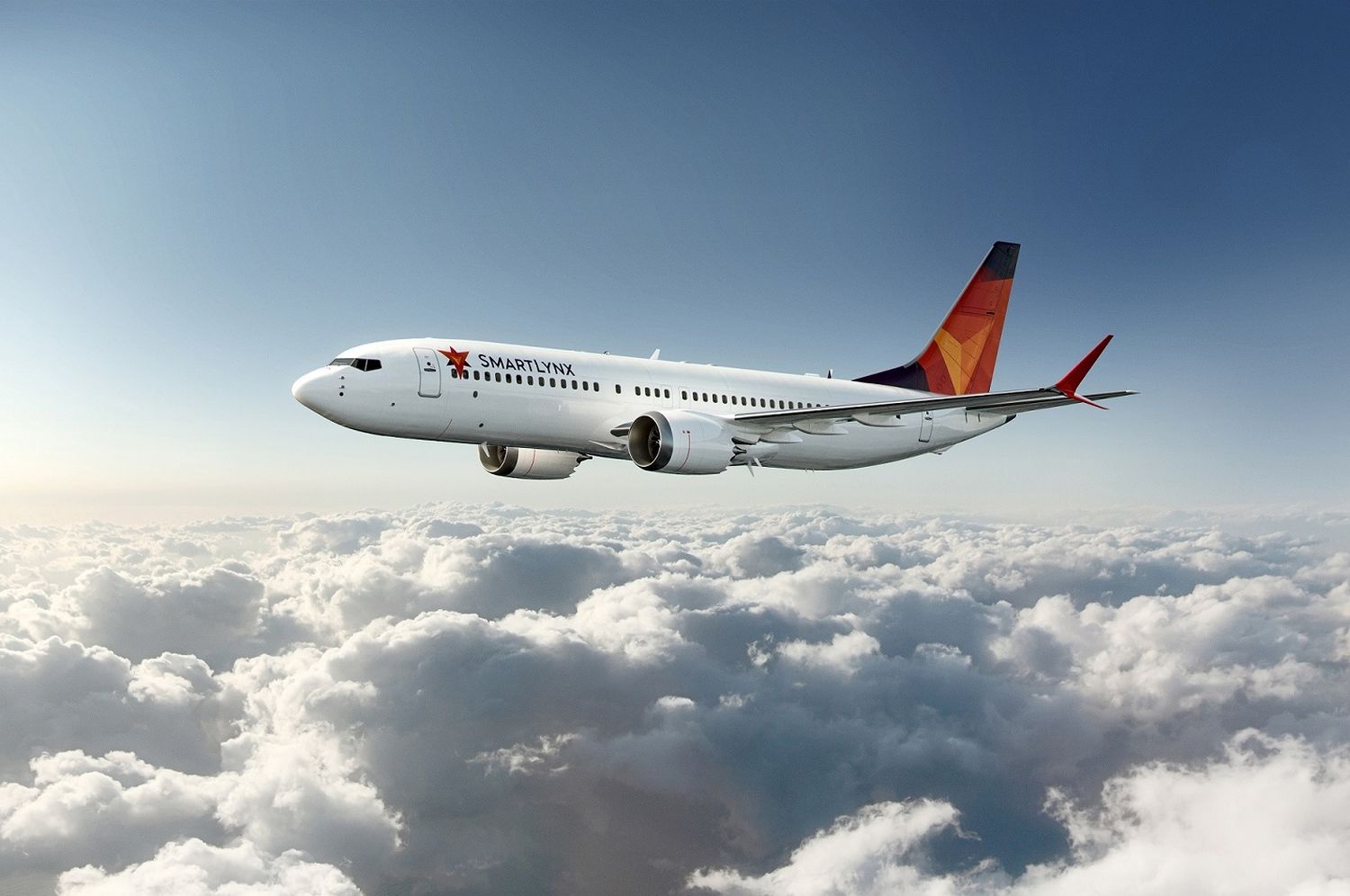SmartLynx Airlines strengthens its position in the Baltics and seeks to expand into Africa, Latin America and the United States.
SmartLynx Airlines informed that during this summer season it plans to have around 60 aircraft in operation, which will make it the airline with the largest fleet in the Baltic countries. This comes as part of its 30th-anniversary celebration, which also makes it the oldest Latvian airline.
Its current fleet consists of 33 aircraft (out of a total fleet of 22 A320s, 5 A330s and 4 A321s and two A321Fs). In April it will add its first Boeing 737 MAX, a key step in the modernization of its fleet.
«We expect that in relation to the fleet size, this year we will be ahead of the world’s largest names in aviation, but we will be able to speak about it in more detail when we have received all the aircraft,» said Zygimantas Surintas, head of SmartLynx Airlines.
«The experience obtained during the beginning of the Covid-19 crisis helped us to continue sustainable development so that we could mark our 30th anniversary with a record-high number of airplanes. As our fleet is expanding, the number of our employees is also increasing – we have already 300 employees in our Riga office, and by the end of the year, we plan to fill in 40 more vacancies. We hope to see our next anniversary as the largest Latvian employer in aviation,» he added.
From the company, they pointed out that the pandemic also opened up opportunities to develop new business units outside of tourist charters – its main unit – such as cargo (which will play a major strategic role in the future) and also MRO, with the opening of SmartLynx Technik centers in Riga and Tallinn.
In terms of ACMI leasing services – another of its key units – the company added two customers, Royal Air Maroc in Morocco and Air Peace in Nigeria, while SmartLynx Malta signed an agreement with DHL Express for the two A321 freighter conversions to join the carrier’s European fleet. SmartLynx also provides services to EasyJet, TUI, and Jet2, among others.
But they want to go even further afield, so they have started to develop prospects in Africa, Latin America, and the United States to compensate for periods of low demand in Europe.
«Aviation in our latitude is a very seasonal business, and the summer season usually is the busiest one. In order to make the business profitable throughout the year, we are looking for new markets with different seasonality (…) Expansion in off-season markets usually takes place in the cargo segment, thus, diversifying our product portfolio and reducing risks,» Surintas said in this regard.


Para comentar, debés estar registradoPor favor, iniciá sesión